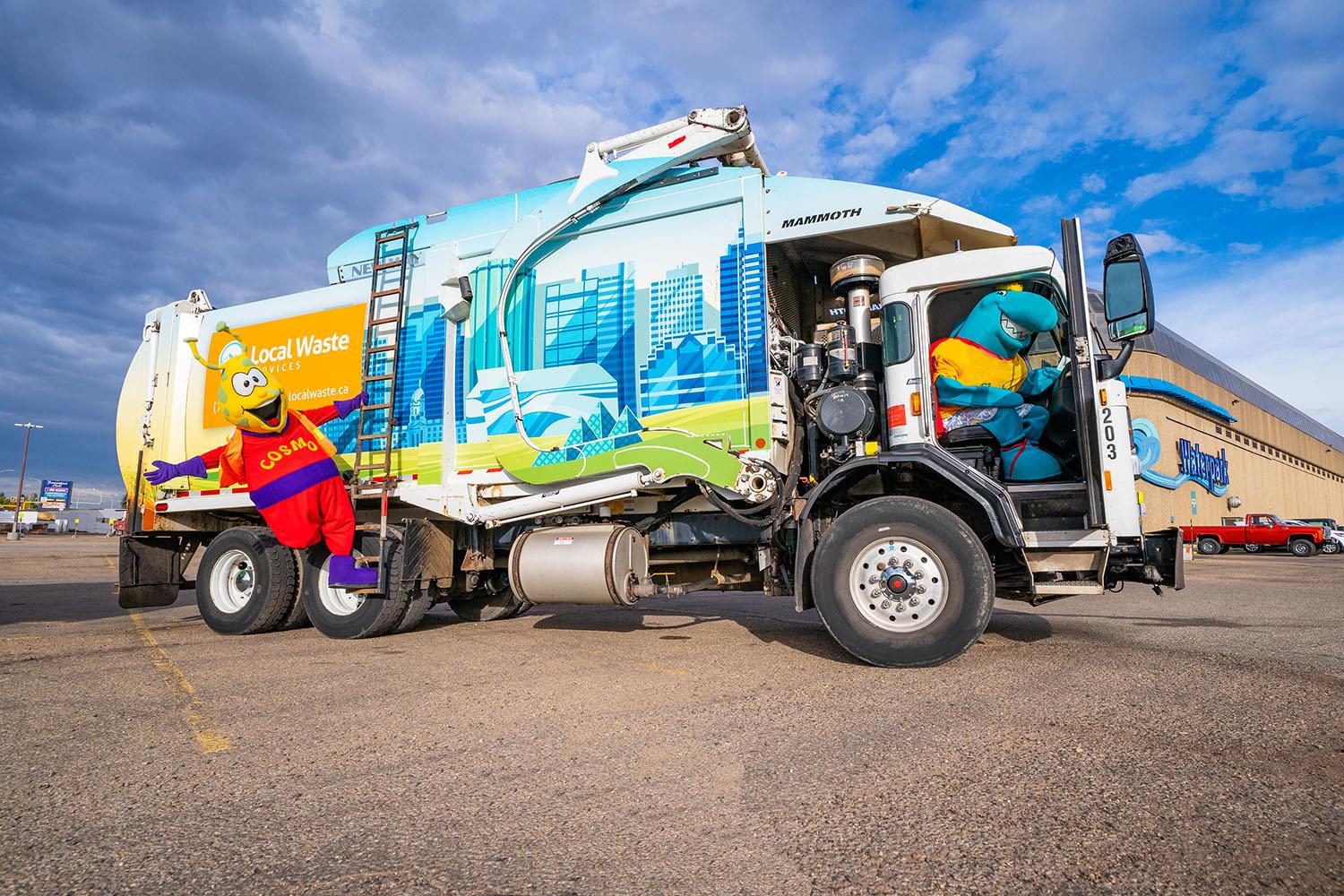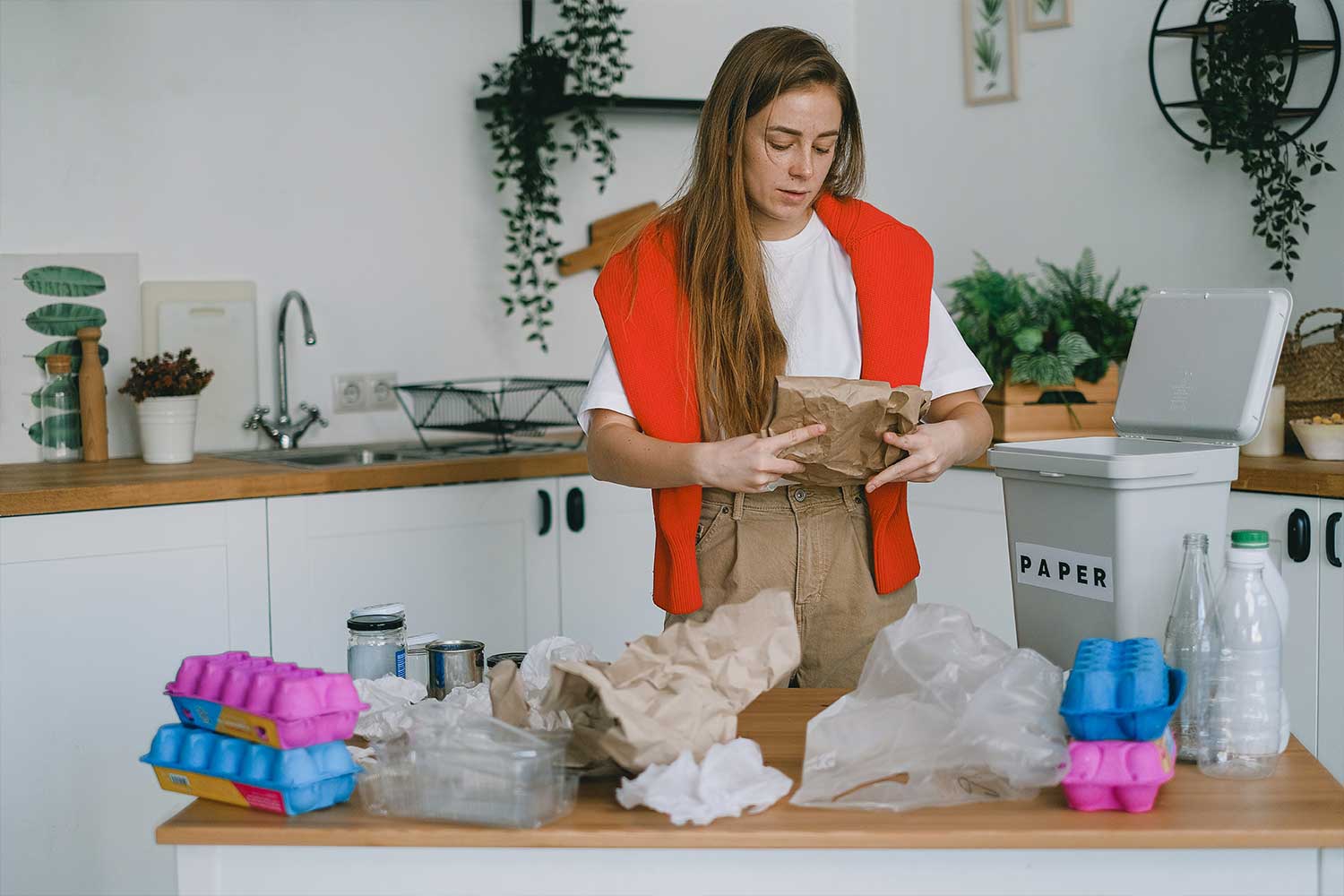Have you put much thought into what your business throws out each month? Determining exactly how much and what kinds of waste your business produces, as well as how it’s disposed of, can identify impactful savings for your business.
Conducting a waste audit requires the careful process of identifying the volume and types of waste produced over a specific period and analyzing the results, potentially identifying new revenue opportunities or lost value.
Why every business should complete a waste audit

- Assess operational effectiveness: Waste audits can help identify potential issues in operations.
- Save money: find opportunities to cut down on waste removal, and identify recycling opportunities.
- Measure and benchmark: With an audit, you can track waste management programs’ effectiveness.
- Reporting and regulatory requirements: Without professional tracking, your business may not be eligible for certain certifications and reporting requirements.
Complete on your own or hire a pro?
Small businesses with minimal waste, like small office-based or retail locations, or those businesses that just want a starting idea of their waste data are good candidates for a self-audit. Businesses with more complex needs, like larger commercial waste producers, industrial or agriculture, or businesses that want further analysis on their waste should work with experienced waste companies.
Professionals will be able to provide more data, leading to a greater impact on the bottom line, and more thorough analysis of speciality waste products and potential solutions. Whether you want to conduct the audit yourself or hire a professional, read on to know what to look for and what to expect.

Your Waste Audit Checklist

- Get the right people
To realize the most value from a waste audit, form a multidisciplinary team made up of employees across a number of different departments. Having different perspectives can help highlight different areas of the business and provide new ideas.
Be sure to include health and safety team members to identify potential hazards or areas of concern and accounting or finance team members to evaluate the implications of different waste solutions.
2. Determine the types of waste and the tools required
Before you begin, determine what types of waste your business produces and if it may require special tools. Categorizing the waste will help you make better evaluations and keep your waste audit team safe.
Common tools used in waste audits include:
- PPE for the waste audit team (gloves, masks)
- Designated space to collect and sort the waste
- Labels
- Scale(s)
- Tools for recording the waste gathered (binders, waste collection sheets)
- Bags


3. Gather and sort the waste
Gather the trash over a designated period of time, being sure to mark all waste and identify where it came from, including the date and location.
After gathering the trash, sort into different types of waste, weighing and carefully tracking all waste amounts, noting any recycling or other materials mixed in with the waste.
4. Analyze results
After capturing the data, analyze it to find opportunities or gaps in your business. Good questions to start asking may include:
- What types of waste had the highest volume?
- What departments had the most waste?
- Was there a large amount of recycling thrown into the trash?
- Are there any recyclable or salvageable materials in the waste?

Save money on your waste
If you need assistance conducting a waste audit, or a professional waste reduction or waste removal and handling plan to realize savings from an audit, trust the professionals at Waste Local. Our waste removal solutions are diverse across many industries and can help you find savings no matter your waste needs. Contact us for a same-day call back and a free, no-obligation quote.

